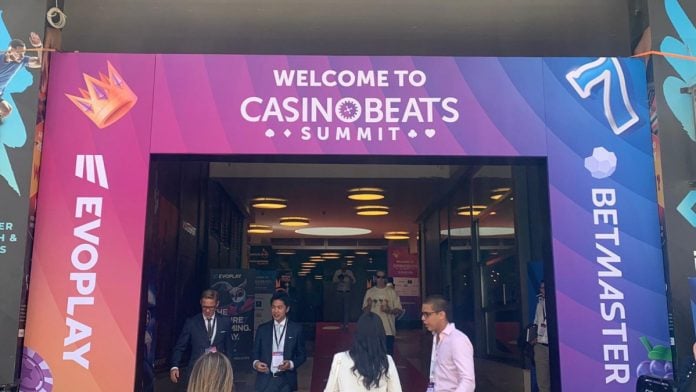As the ‘Not for the Faint Hearted’ title may suggest, you could safely say that the journey to regulation and beyond for the Dutch online gaming market has certainly been a bumpy ride, shared panellists on day two of the CasinoBeats Summit.
In a 45 minute discussion that began with talks of Prima Donna (it’s a Dutch cheese – no I didn’t know either) by Gustaf Hoffstedt, CEO of BOS, talk soon switched to the matter at hand as action leading up to regulation and beyond, a potential advertising ban, if the region offers a level playing field and Curacao all fell under the microscope.
“It took them ten years to get to this regulation, but it took them ten weeks to screw it up,” stated Eric Olders, CEO and Chair of JVH gaming and entertainment group, as talk quickly turned to a potentially impending advertising ban. A key recurring theme throughout.
What was described as a “tsunami” of advertising by Olders was also compared to being an desert island without food, when suddenly it becomes available and everyone scrambles to get their piece of the pie.
With Alan Littler, Gaming Lawyer at Kalf, Katz & Franssen, citing the actions of state owned entities among an influx of ads, Peter-Paul de Goeij, Managing Director of NOGA, noted the difficulty that new market entrants could encounter upon debuting.
“But now we have to be very careful that this stage market opening which to my knowledge is the only example in the European Union with the legalisation of an online market that went in two phases, is not to be disadvantageous for new entrants, especially those they don’t have much brand recognition in the Dutch market,” he stated.
“If this advertising ban, that was already touched upon, is really going to be enforced before the end of this year, I think the Netherlands will risk ruining the nascent market of online gambling in the Netherlands because it will have de-channelisation.”
Sandwiched among the discussion of advertising was that of a level playing field being offered; a subject of much debate across many global jurisdictions.
“It’s a long long discussion in the Netherlands about a level playing field. Although the country’s very flat, the playing field isn’t level,” begins Littler, before pointing to past monopolies and those they were active in a past grey market as examples to this point.
As well as those that have been “able to operate without the cost associated with regulation,” Litter also noted a cooling off period that is labelled as “an olive branch” with it added that “the playing field isn’t level but I think it would be far more tilted”.
“No the Dutch market has never been level, not by any chance,” Older remarked, before de Goeij offered his input after dubbing the country’s regulation as “lazy”.
“And then going back to the level playing field, my simple answer is no,” he explained. “There never has been a level playing field, and I’m afraid that there will not be a level playing field in the gambling industry.
“Not only in the Netherlands, but around the European Union that vary from countries where they still have a state monopoly, like in Norway and Finland, which are, to my mind, incomprehensible and cannot be married to, let’s say, the general legal principles that we have in the European Union, which is they could either protect the population from the dangers of gambling or you have an open and transparent licensing system.”
Before also offering an opinion of state monopolies that are still evident across Europe: “The only justification for it is long gone, which is consumer protection.”













